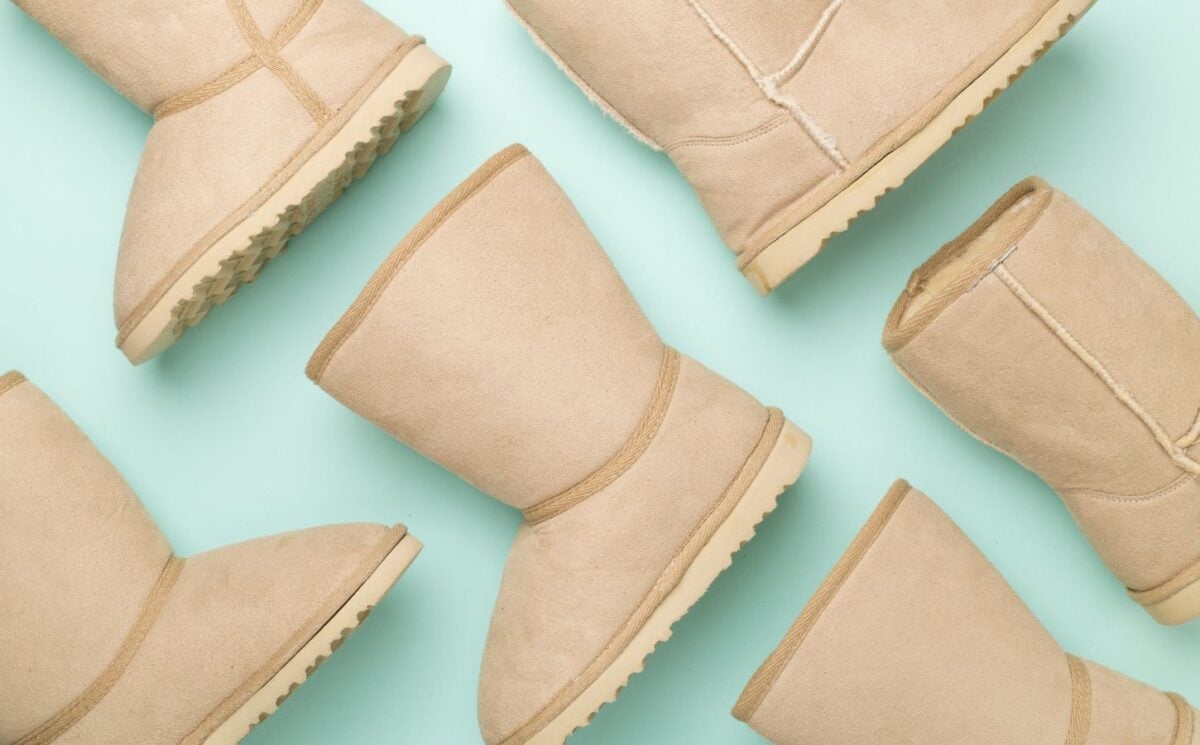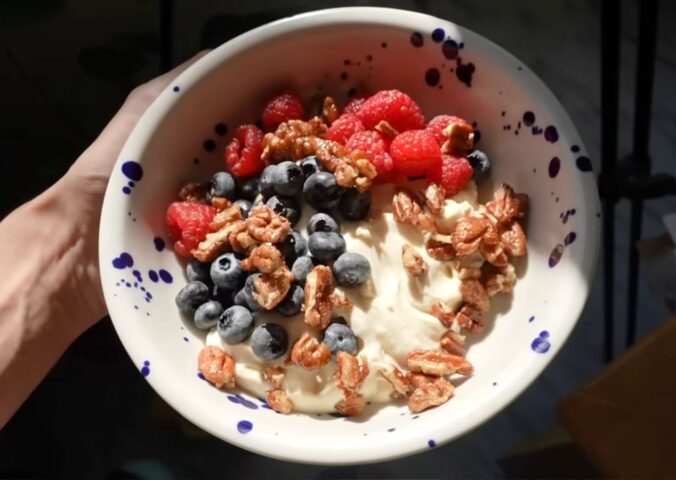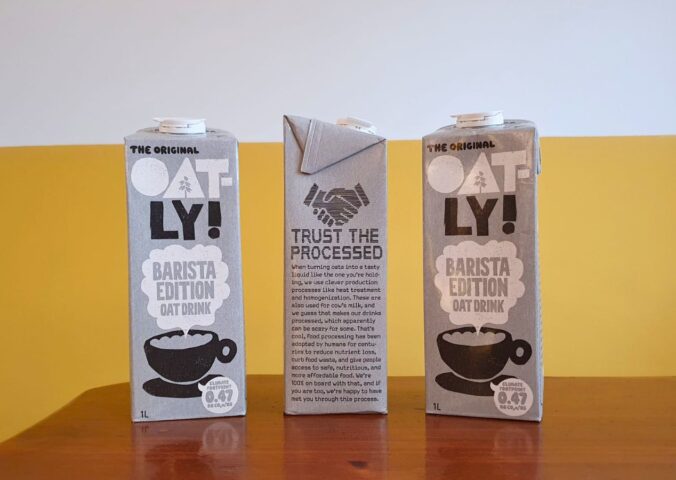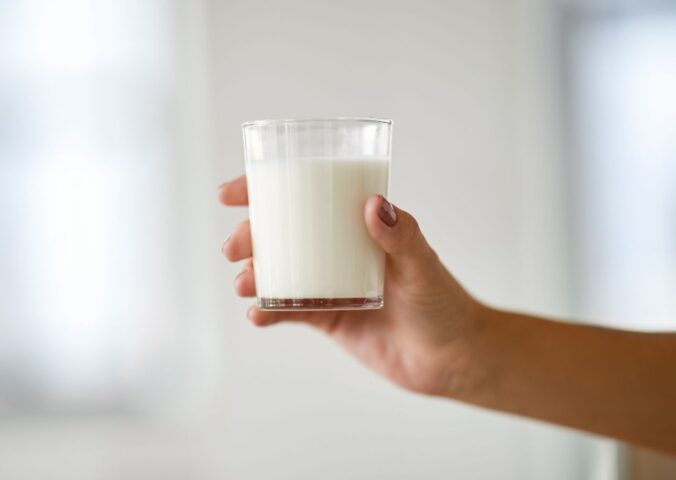Ugg boots have been around for decades, and in that time have enjoyed several periods of near-ubiquitous popularity in the UK and the US. The overall aesthetic and design of Ugg boots have a long history rooted in practicality, and their comfortable style is beloved for its cosiness and warmth around the world, spawning many imitators and alternatives. But are any of the official Ugg boots vegan? Here’s everything you need to know.
What are Ugg boots made from and why?
The classic Ugg boots are made primarily from sheepskin, or “shearling,” which is the intact skin and wool of a sheep.
The use of sheepskin is intended to ensure that the thermal, cooling, and anti-bacterial qualities of the wool benefit the wearer’s feet on the inside of the boot, while the skin side faces out and offers protection from the elements. (It’s thought that the name “Ugg” originates in the 1920s, when pilots who required additional warmth in unpressurised cockpits labeled their footwear as flying uggs,’ short for ugly.)
This design was first recorded amongst the Australian sheep farming community in the late 1800s, where people wrapped sections of sheepskin around their ankles and feet once they realized that lanolin – a natural grease produced by wool-bearing animals – rotted conventional boots but did not affect the sheepskin they had so readily available.
In the late 1970s, when Australian surfer Brian Smith put on his uggs after a late-night surf in his home of Santa Monica, California, he realised that the boots so popular back home were mostly unavailable in the US. After an initial attempt to import and distribute uggs from Australia, he trademarked the name and founded his own brand, Ugg.
Initial success and Ugg’s growing popularity

Ugg boots became popular almost immediately within the Californian surf community thanks to Smith himself and gained loyal customers over the coming years.
But it was in 1994 that they began to gain serious international attention after several members of the US Olympic team wore Ugg boots in Lillehammer for the Winter Olympics, followed by a similar sales spike in 2003 after Oprah Winfrey mentioned them on her annual list of ‘Oprah’s Favorite Things.’
From the boot’s origins in Australian sheep farming to their nicknaming by early pilots, to Smith’s early production and distribution to his surfing peers, and even to their widespread popularity today, the use of animal-derived sheepskin has been a core part of the design of Ugg boots since the beginning – which means none of the original designs are vegan.
Vegans do not wear any animal-derived clothing, and shearling directly supports both exploitation and slaughter of animals.
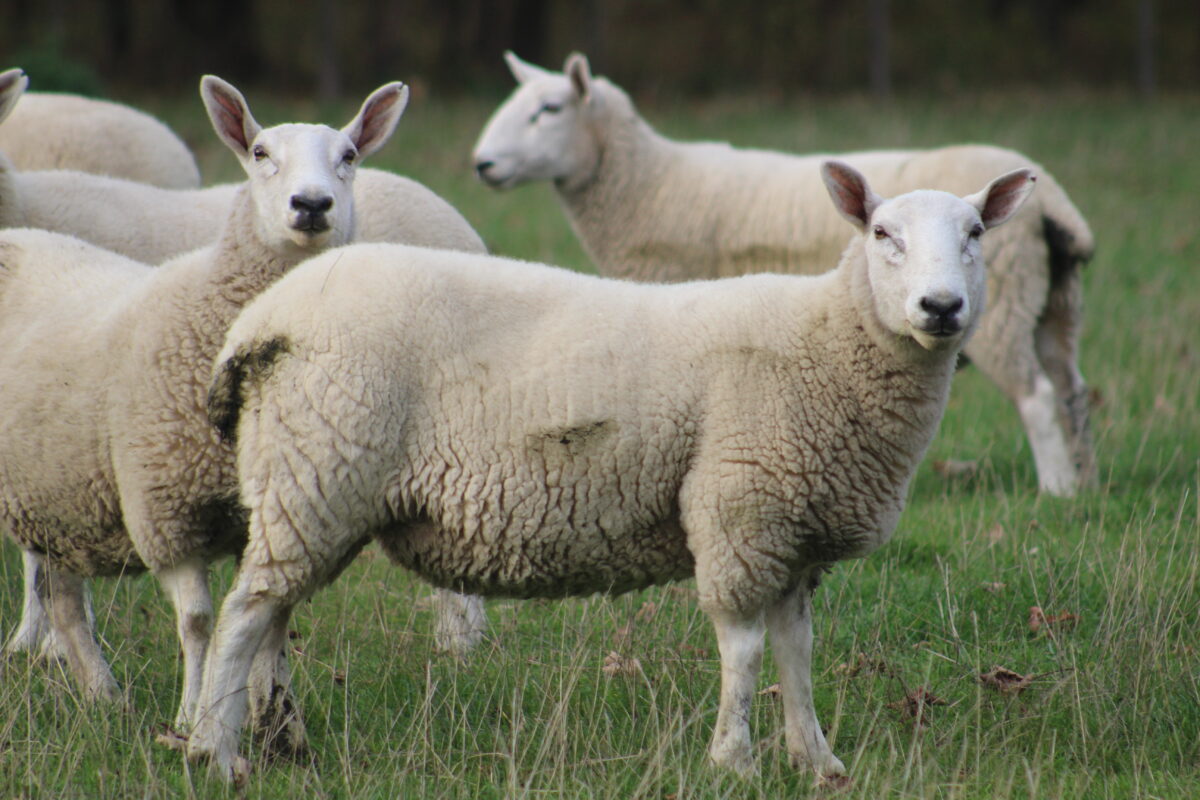
What is sheepskin and how is it made?
As noted above, sheepskin includes both the wool and the skin of a sheep, meaning that it is impossible to farm from a living animal. Public perception of the practice varies, but consumers can often be shocked by this, particularly if they believe that production is similar to that of wool and the shearing of still-living sheep. (More on the reasons why wool isn’t vegan here.)
This is likely a symptom of the broader detachment many people have from the realities of animal farming. For example, the Independent previously reported on how few Brits know where the pork products they regularly eat originate, with just 36 percent of consulted meat-eaters correctly identifying pork shoulder as being the shoulder of a pig.
Some of the top suggested searches in Google related to sheepskin production reflect this and notably include: “Can you get sheepskin without killing sheep,” along with “Are sheep harmed for sheep skin,” and “Does shearling require killing the sheep?”
Confusingly, a sheared sheep’s wool coat may occasionally come away in one piece, giving the appearance of a complete pelt rather than just separate wool fibers. But a sheep’s intact skin – as used in Uggs – is exclusively recovered after death and during processing at a slaughterhouse or abattoir, after which it is then tanned with the wool still attached.
Much like leather, sheepskin is often depicted as a waste-reducing byproduct of meat production and animal agriculture in general. However, again much like the leather industry, the reality of sheepskin production can be quite different to its public image.
Investigations into farms supplying Ugg
Wool and sheepskin are both considered by the vegan community to be cruel. Sheep farming is inherently exploitative, and it also comes with a particular set of welfare issues. The main issues affecting farmed sheeps* overall are the deaths of ewes and lambs during birthing, deaths during lengthy transportation, anaesthetic-free mutilations such as tail docking and castration, and the fact that sheeps – including those farmed for wool – will likely end up at the slaughterhouse.
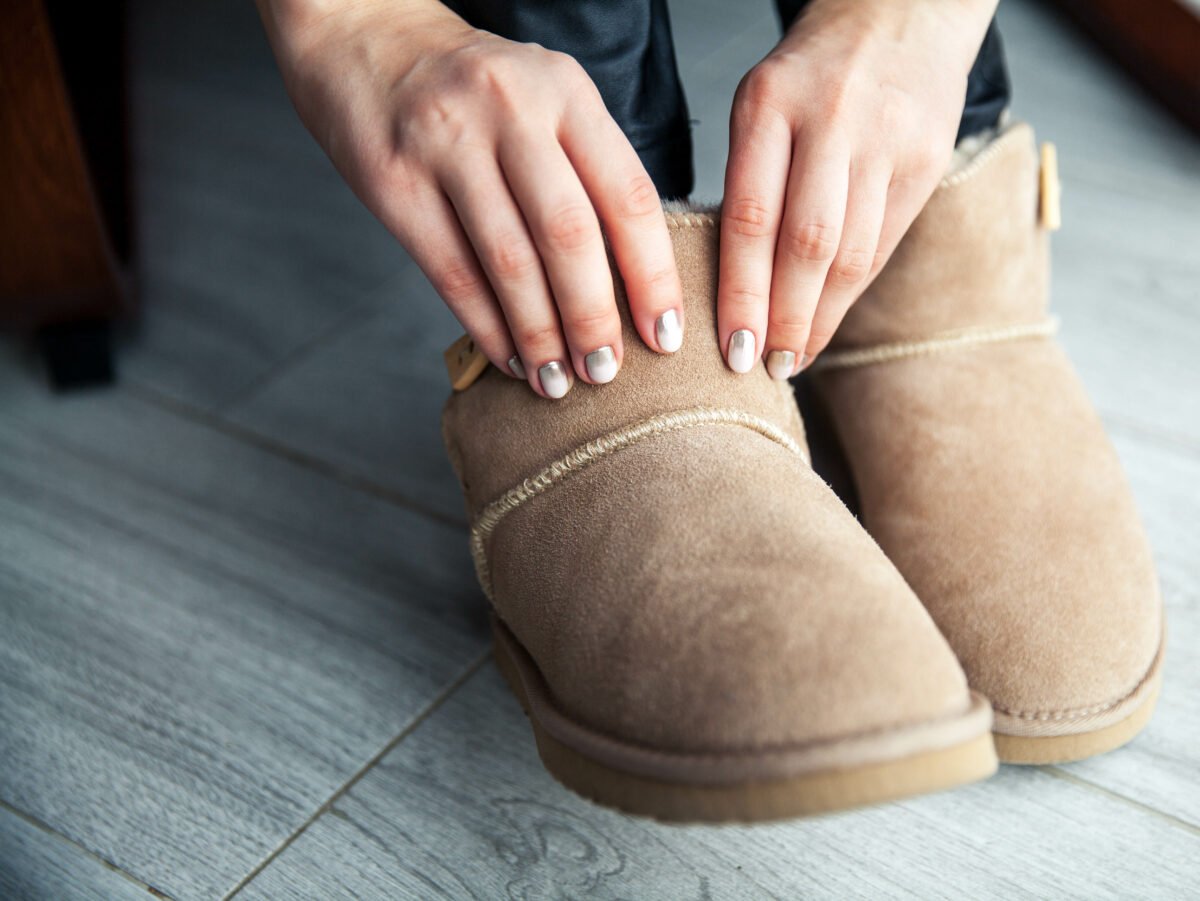
Ugg has received repeated backlash over the years due to the realities of sheep farming and slaughter, including public protest and criticism by celebrities like Pamela Anderson. Campaign groups such as People For the Ethical Treatment of Animals (PETA) have also targeted Ugg, perhaps most notably posting a video about the industry back in 2016 that went viral on Facebook and led many consumers to boycott Ugg products.
Today, Ugg specifically states that “100 percent of our suppliers certify that they are compliant with our Ethical Sourcing and Animal Welfare Policy,” adding that the company doesn’t support mulesing (the removal of the skin around the tail, which is most commonly done on Merino sheep in Australia) and live animal transportation, and does not accept hides from “inhumanely slaughtered animals” or animals slaughtered purely for their skins.
However, in a recent cease-and-desist letter sent to Ugg, PETA highlights that docking and castration are both still standard practices within the meat industry and are likely still carried out by the company’s otherwise compliant suppliers, including in the US.
Furthermore, PETA notes its seven previous exposés – on over 40 Australian farms and shearing sheds – which documented severe animal abuse from workers and overall poor conditions. The group described Ugg’s claims as “humane washing,” and suggests that the only truly humane choice for the brand is using vegan materials in future.
What else are Ugg boots made from?
As well as sheepskin, Ugg boots are also made from suede, which is the material found on the outside of the boot.
Suede is a type of leather made from the underside of the animal skin, primarily from lambs, although goats, pigs, calves, and deer are also used. It is known for its soft, napped finish and is used in a variety of products such as shoes, jackets, bags, and furniture. Suede is not vegan because it is an animal-derived product. The production of suede and other leather goods involves the killing of animals. While some people argue that they are “byproducts” of meat, the suede and leather industries are lucrative in their own right. They can therefore be considered “co-products“.
Does Ugg make any vegan boots or slippers?
While the original, sheepskin Uggs are definitively not vegan, the company has made several other noteworthy concessions to sustainability in recent years, including the launch of an all-plant-based shoe range back in 2021.
The Plant Power Collection features soles made from sugar cane and a fluffy material made up of TENCEL Lyocell (responsibly harvested tree fibers). The range also incorporates LACTAE HEVEA (natural rubber), and an “environmentally preferred” cotton-hemp blend.
However, Ugg has yet to confirm whether the range will be certified vegan or is just made using plant-derived and sustainable materials. Andrea O’Donnell, the president of both Ugg and Koolaburra, said in a press release at the time that the companies were “committed” to doing their part to combat climate change
“Our design team took inspiration from our iconic styles and created new silhouettes with carbon-neutral, plant-based materials,” explained O’Donnell. “The resulting Plant Power Collection tells a story about what is possible and it’s an exciting step on our journey towards a more sustainable future.”
Also in 2021, Ugg launched its first repair program to try and curb the estimated 300 million pairs of shoes that are thrown away every year. The program will restore damaged shoes to “like-new” condition, and its launch was combined with a goal to regenerate one million hectares of land by 2025.
Furthermore, Ugg stated its plan was to increase its use of recycled, repurposed, regenerated (meaning plant-based), renewable (meaning bio-based), and certified fibers by 35 percent by 2027 as part of an overall journey towards a more “sustainable future”.
*While the English language typically refers to multiple sheep as “sheep”, we use “sheeps” to emphasize their individuality.
